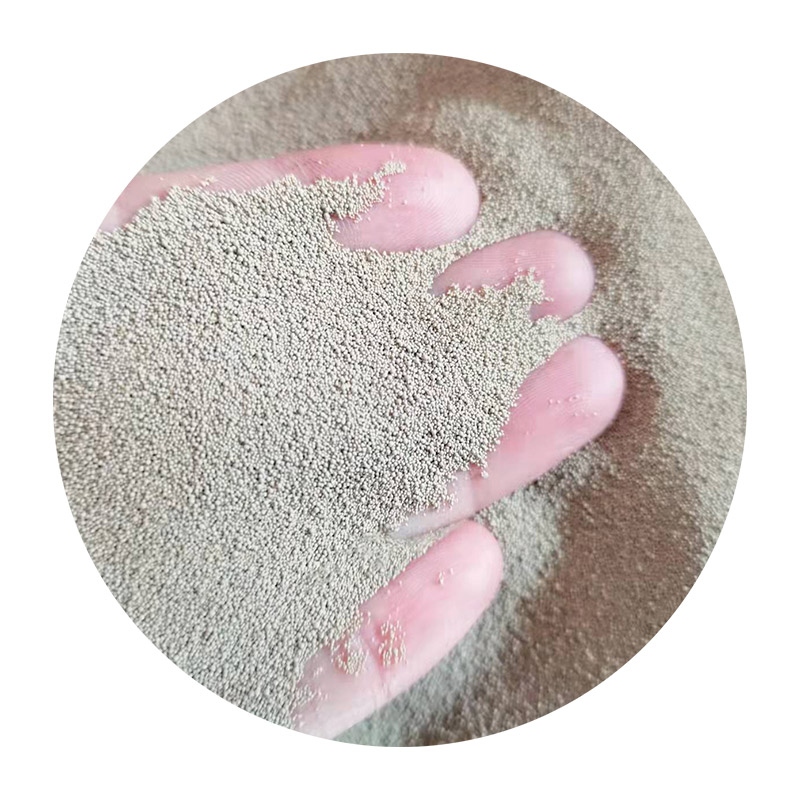The Significance of Sintered Sand in Modern Engineering
Sintered sand, a composite material derived from the process of sintering silica sand, has emerged as a pivotal element in various engineering and construction applications. As the demand for innovative materials grows in response to an ever-evolving industrial landscape, sintered sand has demonstrated its utility in creating products that are not only durable but also environmentally friendly. This article delves into the properties, applications, and benefits of sintered sand, highlighting its significance in contemporary engineering practices.
Understanding Sintered Sand
Sintering is a manufacturing process that involves the heating of powdered materials to a temperature below their melting point. This process causes the particles to bond together, resulting in a solid mass with improved mechanical properties. Sintered sand, specifically, is produced by heating finely ground silica sand, which allows the sand grains to partially fuse together. This enhances the material's strength and stability, making it suitable for a wide range of applications.
One of the primary advantages of sintered sand is its high thermal stability. It retains its structural integrity even at elevated temperatures, making it an ideal choice for environments that experience thermal fluctuations. Additionally, sintered sand exhibits excellent resistance to chemical corrosion, adding to its versatility in various settings.
Applications of Sintered Sand
The applications of sintered sand are diverse, spanning numerous industries including construction, manufacturing, and even technology. In the construction sector, sintered sand is increasingly used as a component in concrete and masonry products. Its ability to improve the mechanical properties of concrete results in more durable building materials, which contribute to the longevity of structures.
sintered sand

In the field of manufacturing, sintered sand serves as a core material in metal casting. The strength and precision of sintered sand molds facilitate the production of intricate metal components with high dimensional accuracy. This has made sintered sand an integral part of industries that require precision engineering, such as automotive and aerospace manufacturing.
Moreover, the technology sector has seen the application of sintered sand in the production of silicone and rubber molds. The superior thermal stability of sintered sand allows for the accurate replication of complex designs, which is crucial in the production of electronic components and various consumer goods.
Environmental Benefits
As sustainability becomes a key concern in modern engineering, sintered sand offers several environmental advantages. The sintering process can utilize waste silica sand, thereby reducing the need for virgin materials and minimizing environmental impact. This not only promotes recycling but also helps in addressing the issues related to sand mining, which can lead to ecological disruptions.
Furthermore, sintered sand products typically require fewer resources in their lifespan, ultimately leading to lower energy consumption during production and usage. By choosing sintered sand, industries can contribute to a more sustainable future while still meeting their engineering needs.
Conclusion
Sintered sand stands at the forefront of modern engineering materials, combining durability, versatility, and sustainability. Its ability to improve the performance of products across multiple industries underscores its importance in today’s manufacturing and construction landscapes. As the focus on environmental responsibility intensifies, sintered sand represents a promising solution capable of meeting functional requirements while supporting ecological preservation. As industries continue to innovate, the role of sintered sand is likely to expand further, marking it as a material of choice for future engineering endeavors.
Post time:Aug . 08, 2024 05:40
Next:Innovative Solutions for Efficient Resin Coated Sand Production in Modern Industrial Applications
